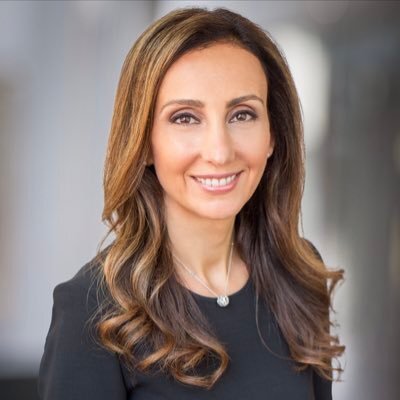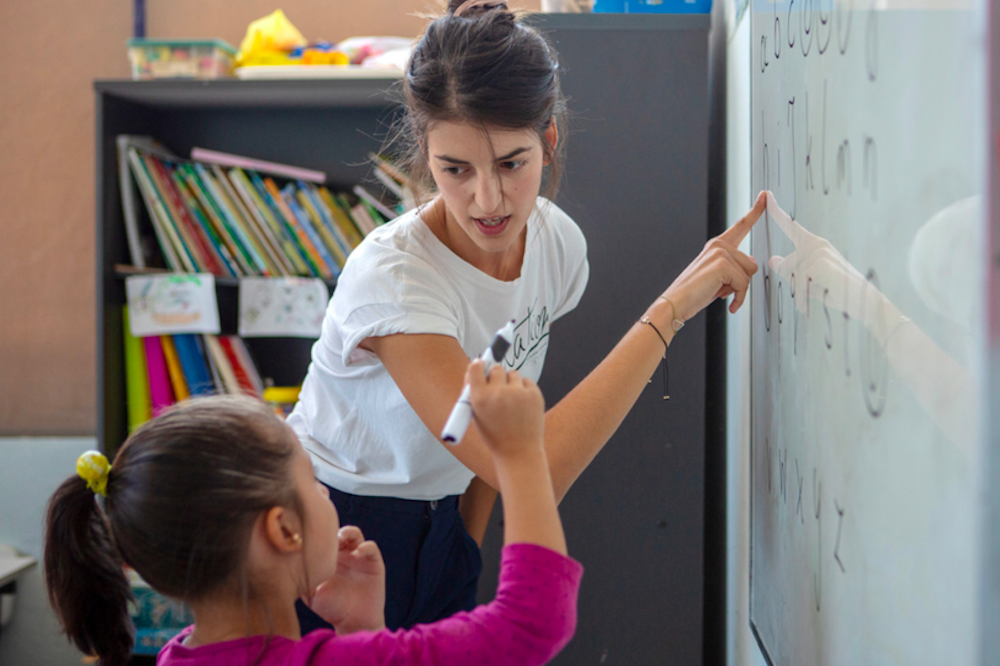Living through conflict and displacement is traumatic enough for adults. For young children, it can have devastating long-term effects on their development and wellbeing.
Early childhood education (ECE) is a key element in helping refugee children deal with trauma and toxic stress. But teachers need much more support to help them deliver quality programmes.
That was the message from Maysa Jalbout – an international development and education expert who has worked with Theirworld – when she spoke at a global webinar on early childhood development (ECD), hosted by the Inter-agency Network for Education in Emergencies (INEE).
Ahead of World Teachers’ Day today, she presented key findings from a report she co-authored for Theirworld about finding a new approach to the professional development of ECE teachers.
Jalbout said: “We know that sustained, nurturing relationships with adults can help mitigate and protect against the effects of conflict and displacement. Early childhood educators can play a very important role in this process.
“However, despite the crucial role of early childhood educators in supporting young refugee children, early childhood education remains severely underfunded and under-supported in conflict-affected contexts. Only 1% of development going to early childhood development in crisis-affected countries goes to pre-primary education.
“We saw that there were huge expectations and hopes placed on early childhood educators. But these teachers were often not centred into the design or in the planning and certainly not always in the implementation of refugee education programmes.”




